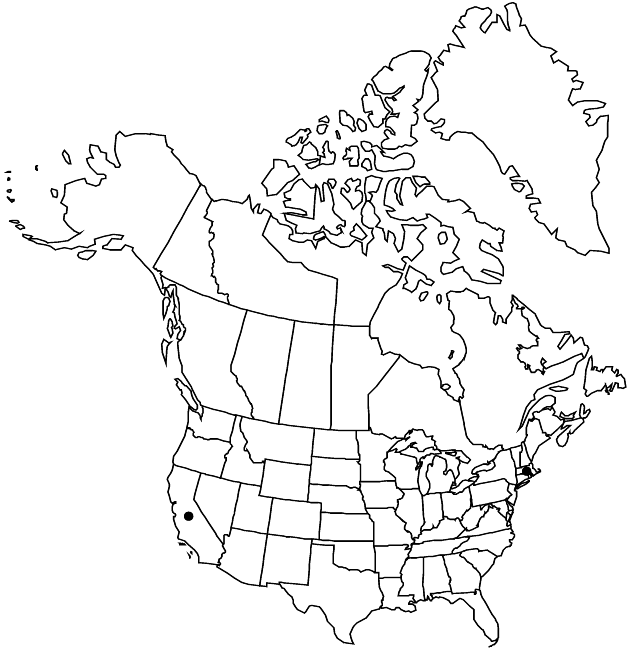Euchiton involucratus
Opera Bot. 104: 167. 1991.
Biennials or perennials, 30–40 cm; fibrous-rooted; stolons usually absent [reportedly present in Australia and New Zealand]. Aerial stems erect, simple, thinly and persistently white-tomentose. Leaves: basal withering before flowering; cauline 6–10, blades linear to linear-oblanceolate or linear-lanceolate, 3–8 cm × 2–3 mm (largest at midstem), bases subclasping (not ampliate), margins revolute, abaxial faces silvery, tomentose, adaxial faces green, glabrate (shiny). Bracts subtending heads 3–5, 10–15 mm, surpassing heads, plus some shorter. Heads in hemispheric clusters 10–15 mm diam. (sometimes with axillary clusters). Involucres 4–4.5 mm. Phyllaries tawny or rosy-tinged (shiny), oblong, apices rounded to obtuse. Pistillate florets 80–150. Bisexual florets 3–5(–7). Pappus bristles distinct or basally coherent (falling in groups).
Phenology: Flowering Jul–Oct.
Habitat: Grassy open places, often moist or wet
Elevation: 50–700 m
Distribution

Calif., Mass., Pacific Islands (New Zealand), Australia.
Discussion
Selected References
None.